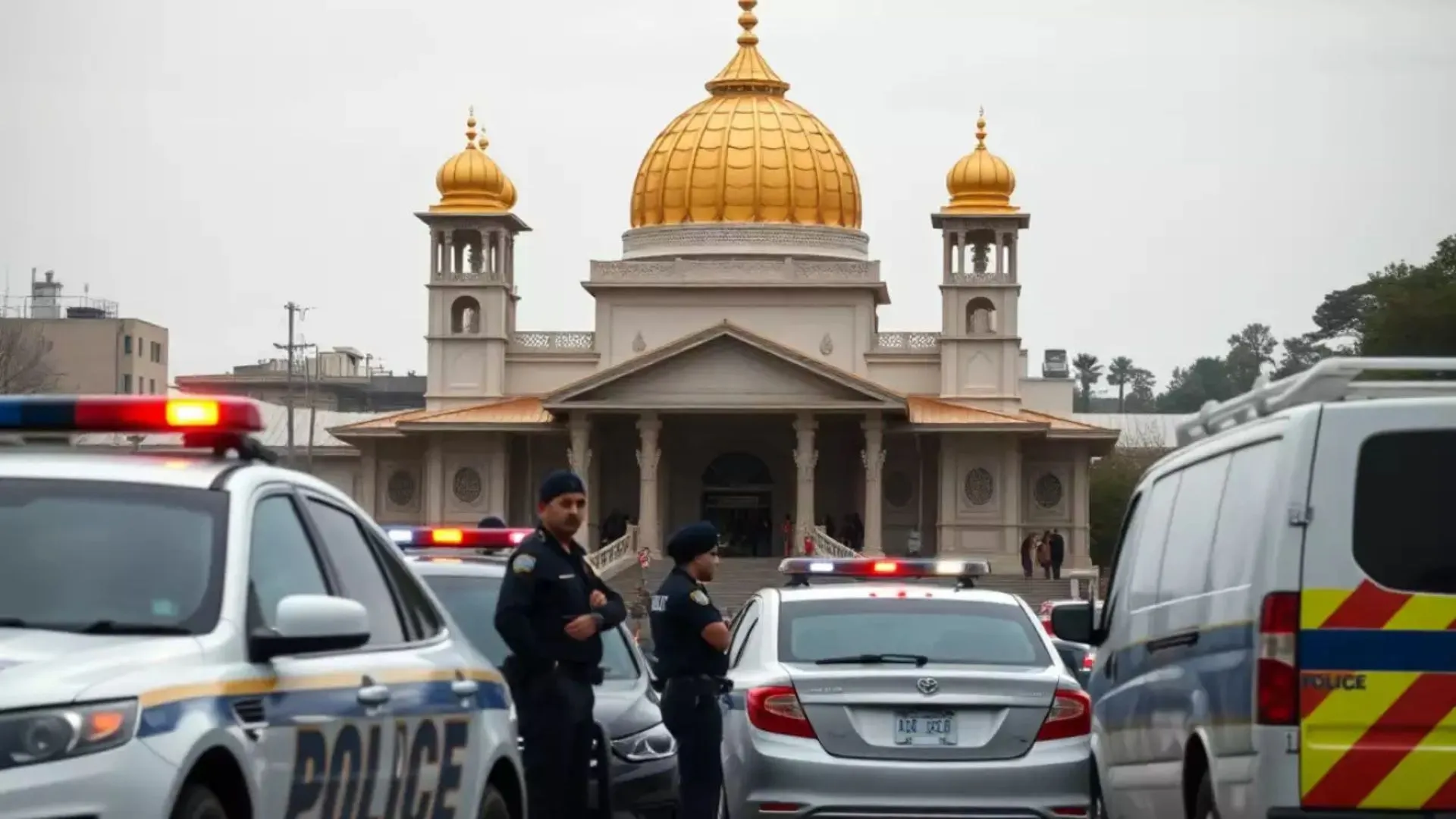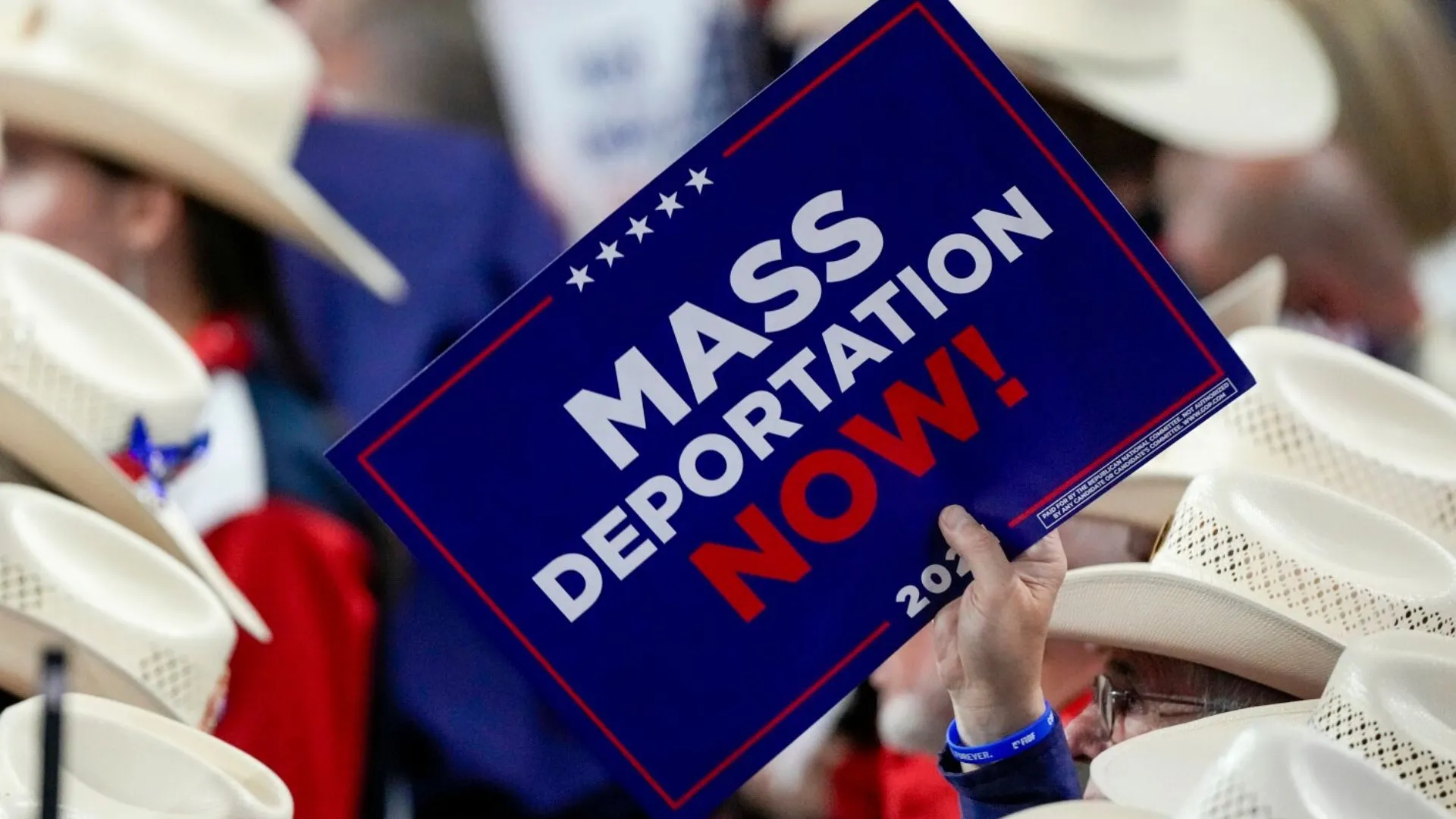We have so many international days every year, and it is good that we have them, for they draw our collective attention to important issues and themes, but sometimes the themes themselves are ill chosen, or perhaps, it would be better to say that they could have been better chosen. For instance, we need to ask ourselves if the United Nations, one of the most reputed organisations in the world, set the bar too low when in 1996, the General Assembly designated 16 November to be celebrated every year as the International Day of Tolerance. What is wrong with the expression “tolerance”? Shouldn’t Hindus tolerate Muslims and vice versa? Shouldn’t Muslims tolerate Jews and vice versa? Should people owing adherence to any religion tolerate the believers of all other religions? Shouldn’t different races and nationalities tolerate each other? The short answer is yes, but at the same time, surely, we can do better than merely “tolerate” each other. More than a century ago, Vivekananda took issue with the term “tolerance” and suggested “acceptance” to be a better substitute. Accepting the differences of another person’s ethnicity, religion, caste, nationality is better, we can all agree, than mere toleration of those differences. Yes, “tolerance” is an important first step perhaps, but we cannot let matters rest there. There is this American saying that if you aim for the sky, you will at least hit the roof! In other words, if we strive for human beings to accept each other’s differences, we may at least learn to tolerate each other. There does already exists an International Day of Acceptance, celebrated on 20 January each year, but that focusses on people with disabilities alone. As important as that day is, in these troubled times, we need an International Day of Acceptance of Diversity, which is the kind of acceptance Vivekanand was talking about. There already exists a World Day for Cultural Diversity celebrated on 21 May every year, but important as culture is, there are other kinds of diversity that we should be also be accepting of, and even celebrating. Perhaps, we should have a day that should be called the “International Day of Acceptance and Celebration of Diversity”.
Is there a term that is perhaps even more aspirational than “acceptance and celebration of diversity”? What about “love”? What about introducing an “International Day of Love”? Clearly, there would be problems with such a choice of word. The term has too many connotations, such as paternal love, filial love, brotherly love, romantic love and so on. Besides, International Day of Love even if it were understood in the Biblical sense of “loving one’s neighbour”, would perhaps be setting the bar too high! If “tolerance” sets the bar too low, “love” sets it too high!
It is reasonable to suppose that before the International Day of Tolerance was launched, there would have been one or more high level committees that deliberated over the drafting of the General Assembly resolution. Each full stop and comma would have been examined carefully, and it would have also faced scrutiny from a team of lawyers at the Office of Legal Affairs, UNHQ. In all likelihood there would have been lawyers from the Anglo-Saxon jurisprudential world, possibly English and American, involved in the drafting of the resolution declaring an International Day of Tolerance. These draftsmen which included English language experts and lawyers, were not so foolish as to not understand that the word “toleration” can send out a more limited if not erroneous message. It is fair to suggest that tolerance can turn into intolerance with relative ease. As long as we simply tolerate each other’s differences, conflicts and wars will continue to rage. It is only when we learn to accept and celebrate our differences that we will start to live in peace and harmony with each other.
Rajesh Talwar is an author of 35 books. He has worked for the UN for over two decades across many countries.
















